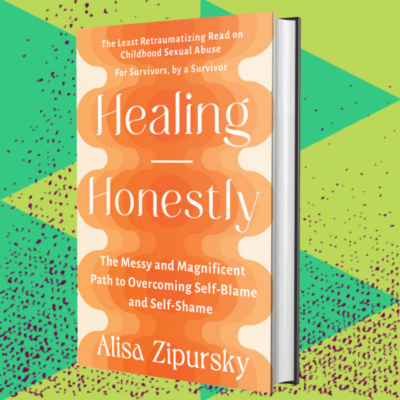This story contains detailed descriptions of PTSD symptoms but does not describe any abuse.
As best as I can remember, I’ve been thinking about memory a lot lately.
Growing up, I always thought I had an excellent memory. In the heat of an argument, I could recall every slight ever made against me (do NOT cross me) and I could recite all the words to that awful Barenaked Ladies song when it used to play on the radio. I was always the person who could remember meeting people who didn’t remember meeting me, and up until I was 27, I would pretend I didn’t remember them, because I thought that was cool. Like my memory was so good that I had to lie about it, else I show someone I care too much.
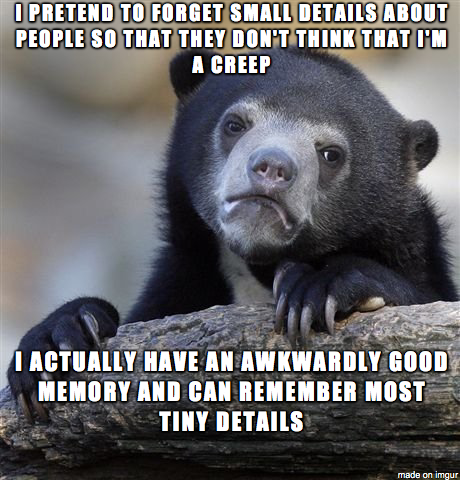
But as I’ve continued healing, I’ve realized that my memory does, in fact, suck. It’s only through healing that I can even remember what I don’t remember. Very meta, right? It’s like Momento up in this house.
During a recent therapy session I tried to recall all the different places my father, my abuser, lived when I was a kid, and where we’d go to visit him. I had no ability to put things in any chronological order, and, to my horror, I realized that entire years of my childhood were missing.
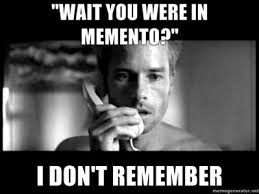
It is normal to have Post-Traumatic Stress Disorder (PTSD) and not remember your trauma, and here’s why it can be a good thing:
This is not sad, and it certainly isn’t uncommon, but it is weird to realize the extent of what I don’t remember. I’ve written about why we can’t remember, and the science behind memory loss and trauma. Additionally, Trusting Your Memories of Child Abuse by Kali Munro is a really helpful article more about how common it is and why it happens. (Shoutout to my girl Rachel Thompson for the article).

Trauma can literally change our brains and the way they work, including memory loss as a survival skill and defense mechanism to protect ourselves from psychological damage. Brains are kind of amazing like that. As much as I can fight with my brain about having PTSD, it’s pretty remarkable that it blocked out all the shit that it was too painful to process. My brain protected me from my abuse, which is like a very cool, kind and evolved (Thanks, Darwin) thing for it to have done.
Here is exactly what I do and don’t remember:
I think that for fellow child sex abuse survivors we can talk easily with each other about what we do and don’t remember, because we understand how we can both be confident that we’re survivors and also have no memory of the trauma. But it can be scary to tell others how little we may remember for fear of being misunderstood. We all have experienced people questioning our victimhood when we say we were abused and cannot remember the trauma.
So all this is to say that this is hard work for me, you guys. I know I’ve told you about my sex life, and my boyfriend and my family but telling you what I don’t remember is truly the most vulnerable I’ve ever felt sharing. So, hang in there with me.
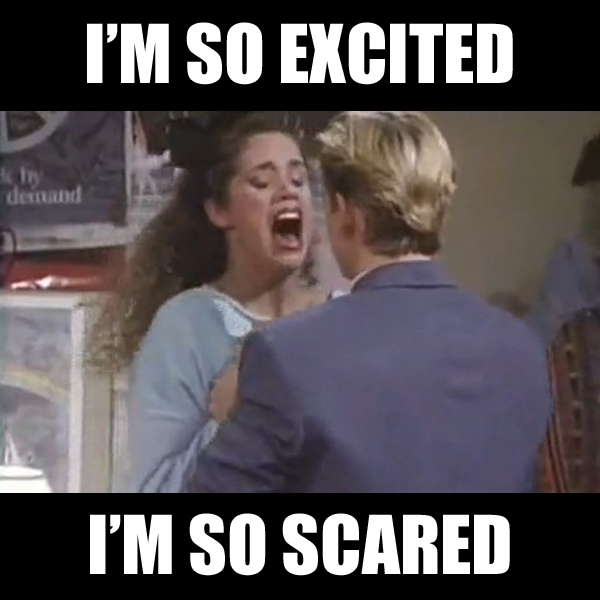
Here we go. I do not remember my father engaging in any explicit sexual activity with me [record scratches] I know. Yet, I call myself a survivor of child sex abuse. How did I come to this conclusion?
Because here is what else I don’t remember: I do not have a single memory of ever feeling safe when I was near my father. I do not have a single memory of being with my father where I didn’t feel creeped out. Where I didn’t feel violated. Where I could think about him and not want to physically recoil and try to shrink my body into itself.
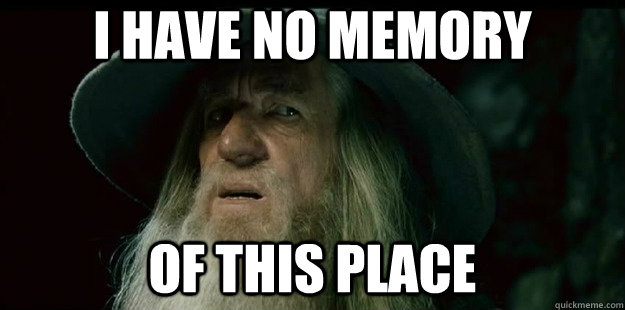
Here’s what I do remember about being a child: I remember crying for days after I’d visit him. I remember daydreaming about running away when I was with him. I remember telling a child psychologist that I fantasized about him dying.
And then I remember several clinicians over the years diagnosing me with PTSD. I remember the years of nightmares about my father sexually abusing me, although I cannot remember when they began. I remember the nightmares being worse whenever I was near him, and becoming less frequent after cutting him out of my life.
And then when I learned about how PTSD changes our physical brains and how common it is to have no memory of the abuse only for it to communicate to you through nightmares and other symptoms, I had to learn to trust my feelings instead of my memory.
It’s a work-in-progress.
With PTSD, our bodies replicate and replay the trauma, even without memory of the trauma:
Living with PTSD is like having a switch that can go off in your brain and tell your entire nervous system that you are back in the moment of your trauma. That switch can go off without recalling any memory of your trauma. It’s like hearing a song and being compelled to do a choreographed dance to it even though you don’t remember learning any of the moves.
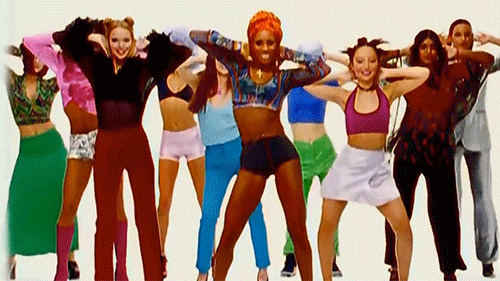
You’re doing the Macarena but you have no memory of learning the head, head, hip hip, biggggg hip circle routine. You have no control over when the Macarena starts playing, and you have no way to stop yourself from doing the dance. It can play on repeat for a few hours, or it can play for days on end. And you’re doing the dance moves the whole time.
And my version of doing the Macarena choreography looks like: nightmares, heart racing, stomach cramps, recoiling in my body, fear of closing my eyes, feelings of helplessness, guilt and shame, and my voice gets really quiet. And most of all, I try to hide these fun and sexy dance moves from the people around me.
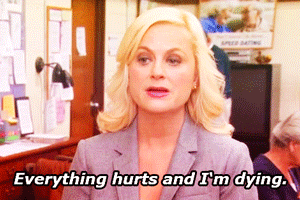
So even though I have no conscious memory of my abuse, my nervous system sure does.
As a note, the HBO show Westworld did, in my opinion, an extraordinary portrayal of PTSD in the body and I’ll definitely be writing more about that in the future.
My brain still suppresses the painful stuff, including memories of being triggered:
Even though the abuse has stopped and I am a grown ass woman, my brain is still pulling these fancy moves of blocking new memories of shit that is simply too painful. I could name every single restaurant I’ve eaten in in DC this year and with who, but I could not even give a good guess on how many times I’ve been triggered, what triggered me, and how long the trigger lasted. How many times did I hear the Macarana and do the moves? I have no clue.
The only exception is remembering the Trump Grab-Them-By-the-Pussy-Gate trigger and that’s because it’s a part of national discourse. But when I wrote this article about the experience, Charlie had to remind me how many days it was that I couldn’t get out of bed. It remains one big blur to me.
The hardest part about being a survivor and not remembering the trauma:
Not remembering has huge perks, namely that I don’t have to think about shit that’s so painful that it could actually break my brain.
But the biggest downside is the sense of mistrust that it can cause within myself. I wrote about how I struggled to believe myself as a survivor because I thought I wasn’t a real survivor if I couldn’t remember the abuse.
Writing this post is difficult for me because it hits on a fundamental fear that many survivors have: the fear that someone won’t believe us. It strikes at the core of all the things I’m most afraid of being called: a liar, an exaggerator, a drama queen. And, sometimes, the voice calling me those names is my own.
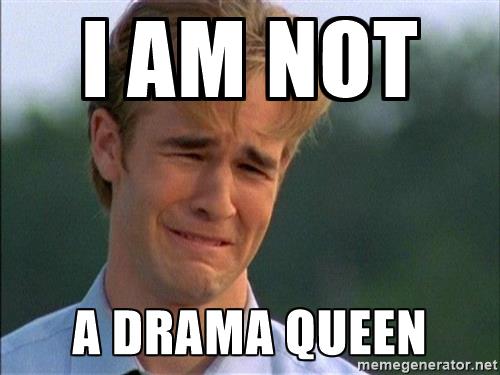
Our society demands that survivors have undeniable, and at times impossible, proof of our abuse. This pressure is in direct conflict with the reality of so many of us, which is that we know the trauma occurred, yet lack any memory as our evidence. What is left is for us to do the very difficult work of training ourselves to trust our feelings, instead of our memories, as our own personal evidence.
Learning to trust feelings over memory:
A few weeks ago, I was talking with a friend who is finishing up her PHD in neuroscience (brushes shoulders off). Full disclosure: there were many cocktails involved. I confided in her that sometimes I still I wish I could just know what happened to me, with the certainty of memory. Knowing what she does about how the brain works to protect itself, she pushed back on what I said and asked, “But really, truly, do you want to remember?” And it’s been two weeks and I haven’t stopped thinking about it because I don’t know the answer.
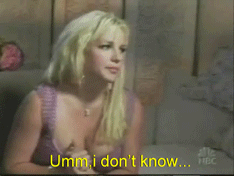
And since I don’t know, my hope is to stop fighting my brain for memories I’m not sure I want. I want to be able to accept that my brain did the best it could to protect me and keep me sane in a very shitty situation. So thanks, brain.
And when, inevitably, that old voice in my head returns with its questions about whether I’m a real survivor, or whether I really made this all up, I’m practicing on trusting my feelings, not my memories. It’s the most important thing for me to remember. No matter what else my brain forgets.
***
In the spirit of “honesty'” of Healing Honestly, I want to share that this piece is the most important and difficult piece I’ve written. It took me a long time to write this, but I am so glad to be able to share it with you now. Thank you for reading it. If you found this article helpful, I recommend checking out this article I wrote about what it’s like to be fully clear about being a survivor, while still experiencing moments of wavering and doubt, and how those are not in conflict with each other, but actually just how trauma works. Also, you may be interested to learn about the lie of “false memory” syndome. There is this really harmful fake diagnosis called “false memory syndrome”. In this article, I debunk the myth of false memory syndrome, explain how it came to be and the truth about our recovered memories

